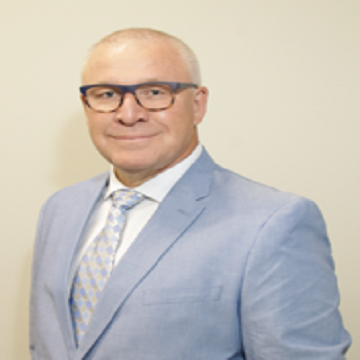Scientific Program

Peter A. Everts
Gulf Coast Biologics, USA
Biography:
Everts has been pioneering in the science and clinical applications of platelet-rich plasma (PRP) technology since 1984 and has been leading research teams in regenerative medicine in using biological therapies. Dr. Everts received his PhD in Medicine from the University of Utrecht in the Netherlands in 2007 on the subject of PRP. At present, he has published and authored more than 50 articles, or book chapters. He has been board member, and chairman of several health care organizations and was member of the sport medicine steering group at the International Olympic Committee. At present he is the Executive Director of Gulf Coast Biologics, a scientific-educational-research-training institute, and Chief Scientific Officer of EmCyte Corporation.
Abstract
Autologous biologics, defined as platelet-rich plasma (PRP) and bone marrow aspirate stem cell concentrate (BMSC), are cell-based therapy treatment options in regenerative medicine practices, and have been increasingly used in orthopedics, sports medicine, and spinal disorders. These biological products are produced at point-of-care; thereby, avoiding expensive and cumbersome culturing and expansion techniques.Numerous commercial PRP and BMSC systems are available but reports and knowledge of bio-cellular formulations produced by these systems are limited. This limited information hinders evaluating clinical and research outcomes and thus making conclusions about their biological effectiveness. Some of their important cellular and protein properties have not been characterized, which is critical for understanding the mechanisms of actions involved in tissue regenerative processes. The presence and role of red blood cells (RBCs) in any biologic has not been addressed extensively. Furthermore, some of the pathophysiological effects and phenomena related to RBCs have not been studied. A lack of a complete understanding of all of the biological components and their functional consequences hampers the development of clinical standards for any biological preparation.This lecture aims to review the clinical implications and pathophysiological effects of RBCs in PRP and BMSC; emphasizes hemolysis, eryptosis, and the release of macrophage inhibitory factor; and explains several effects on the microenvironment, such as inflammation, oxidative stress, vasoconstriction, and impaired cell metabolism.
- Future perspectives in Tissue Engineering and Regenerative Medicine
- Stem Cell Engineering (SCE)
- Tissue repair and Rejuvenation
- Bone and Cartilage Tissue Engineering
- Scaffolds Used In Tissue Engineering
- Adipose Tissue and Lipogems Treatment
- Organ Engineering and challenges

